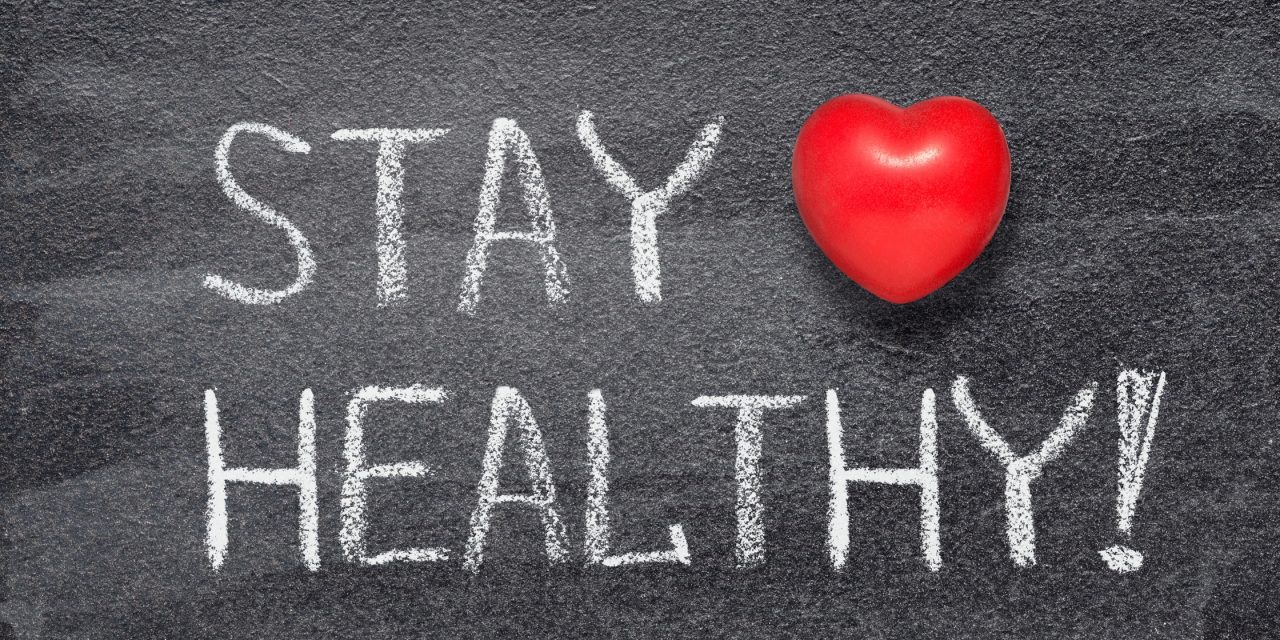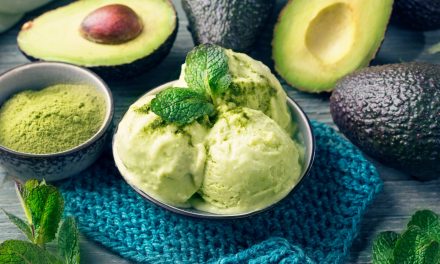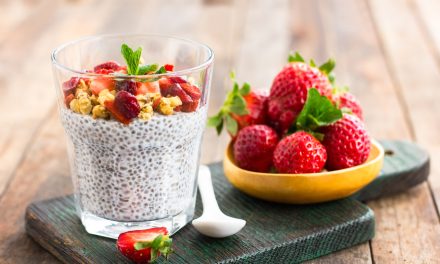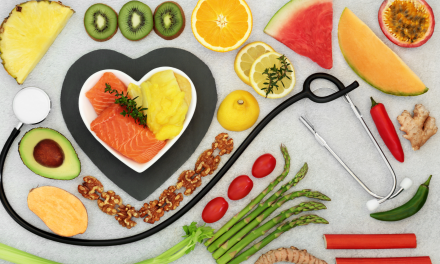Surprising Foods That Might Be Harming Your Heart
You’ve always understood the importance of maintaining a healthy heart, but did you ever imagine some of your favorite foods could be the culprits contributing to blocked arteries? Respected health experts have recently revealed two unexpected food items that may jeopardize your cardiovascular health.
As part of his mission to promote the best health possible worldwide, we’ll discuss the often-overlooked side effects of consuming margarine and artificial sweeteners. He sheds light on the potential risks these foods carry, helping you understand the detrimental impact they could have on your arteries and overall health. Armed with this knowledge, you can make better, more informed nutritional choices to protect your cardiovascular health.
Clogged arteries and their risks
You’ve likely heard about the risks of clogged arteries. It’s a condition that occurs when fat, cholesterol and other substances build up in the walls of your arteries. These blockages, also known as plaques, can restrict blood flow, making it more difficult for your heart to perform its job of pumping blood throughout your body. The scariest part? You may not realize you have clogged arteries until it’s too late when they trigger a heart disease like a heart attack, stroke, and even death.
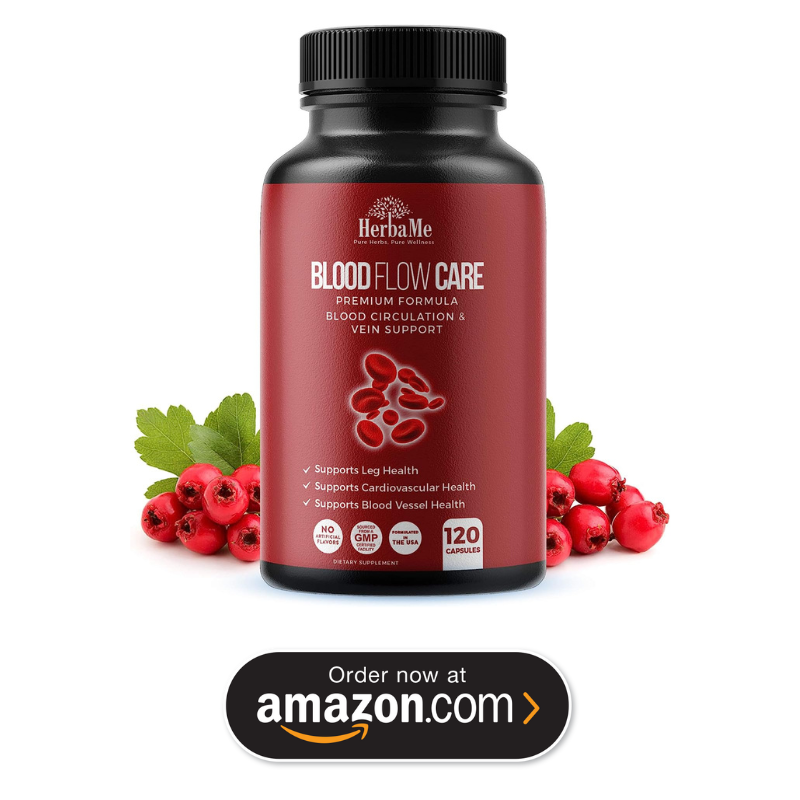
The Role of Fried Foods
Increased saturated fat
Fried foods are a common sore thumb sticking out in a healthy diet. They often contain lots of saturated fats. These fats, when taken in excess, increase the level of low-density lipoprotein (LDL), commonly known as the “bad” cholesterol, in your body. An elevated LDL cholesterol level contributes to the build-up of plaques in your arteries, leading to clogged arteries.
Carcinogenic conditions
Frying also changes the chemical structure of food and creates conditions for carcinogen formation. This not only contributes to the risk of clogged arteries but could also increase your risk for other health issues, including cancer.
Impact on cholesterol
How do fried foods impact cholesterol? When you consume fried foods, your body takes in more cholesterol than it can eliminate. Since cholesterol is a waxy substance, it sticks to the walls of your arteries. Over time, it builds up, leading to the hardening and narrowing of the arteries, a condition known as atherosclerosis. This increases your risk of heart disease.
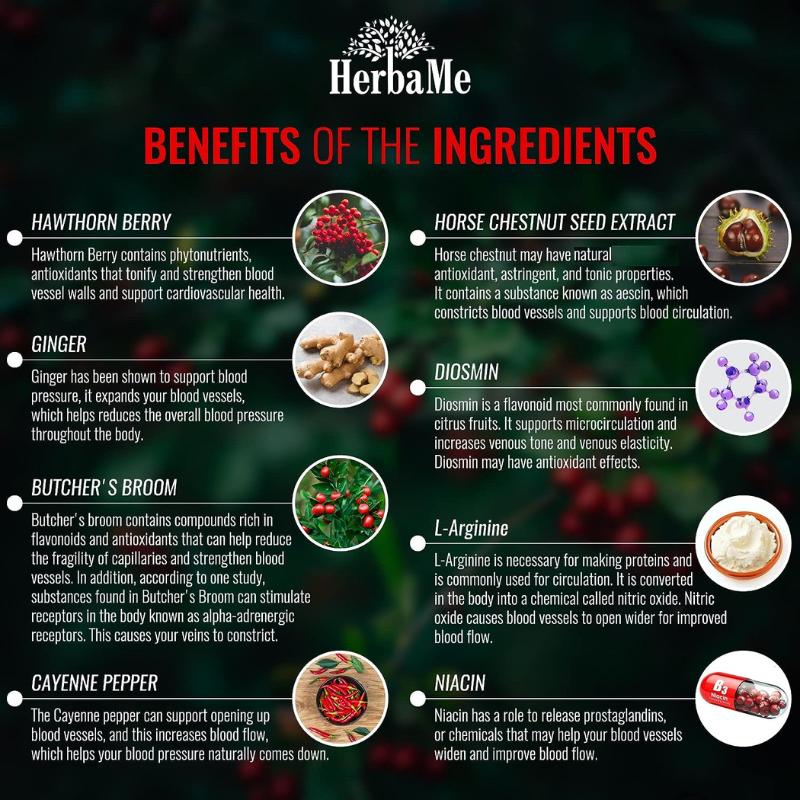
The Truth About Margarine and Vegetable Oils
Trans fats and cholesterol
Margarine and most vegetable oils are known for their high content of trans fats. Just like saturated fats, trans fats raise your LDL cholesterol level and also lower your high-density lipoprotein (HDL), or “good” cholesterol. This double whammy accelerates the build-up of cholesterol plaques in your arteries.
Health risks
Apart from their cholesterol-related impact, trans fats also come associated with a variety of health risks. They contribute to an increased risk of heart disease, type 2 diabetes, stroke, and even certain types of cancer.
Effects on arterial plaque formation
Trans fats play a significant role in arterial plaque formation. They encourage the inflammation and oxidative stress that precipitate the development of atherosclerosis. Their intake can thus prompt the onset of clogged arteries and related heart problems.
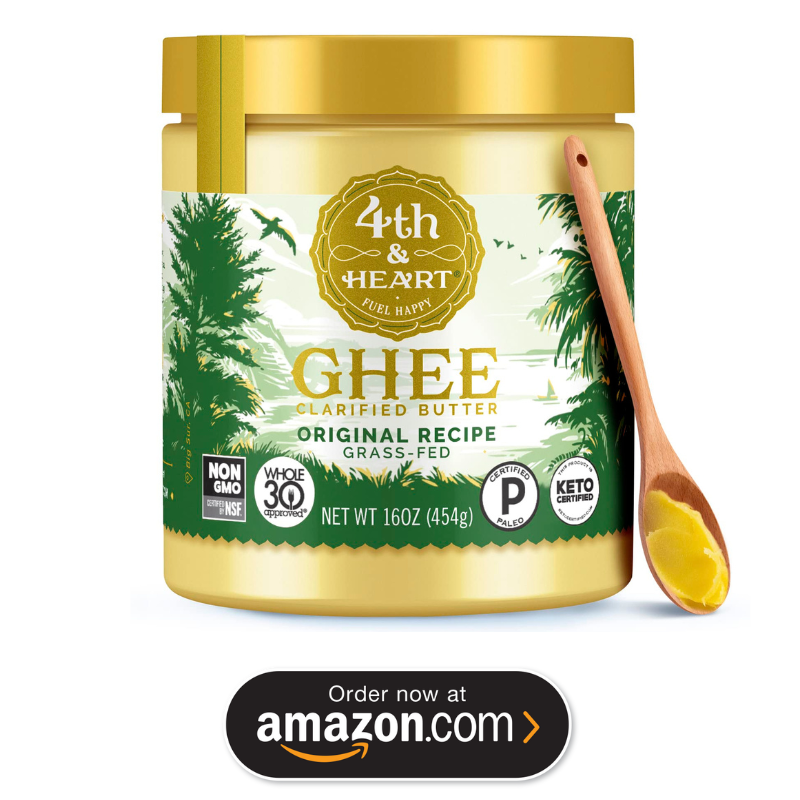
The Health Benefits of Grass-Fed Butter
Saturated fat and saturated fat intake
Grass-fed butter has been demonized for its saturated fat content. However, it’s not as simple as saying, “All saturated fats are bad.” Some types of saturated fats, particularly those found in grass-fed butter, can also help increase your HDL, the “good” cholesterol, and even convert the small, dense LDL particles into large LDL, which is less associated with heart disease.
Difference between processed and natural butter
Remember, not all butter is created equal. There’s a huge difference between processed butter and natural grass-fed butter. Processed butter usually contains additives and is made from the milk of grain-fed cows, which could increase your risk of clogged arteries. On the other hand, grass-fed butter is richer in nutrients and omega-3 fatty acids, which can actually help prevent heart disease by reducing inflammation and limiting the early stages of plaque build-up.
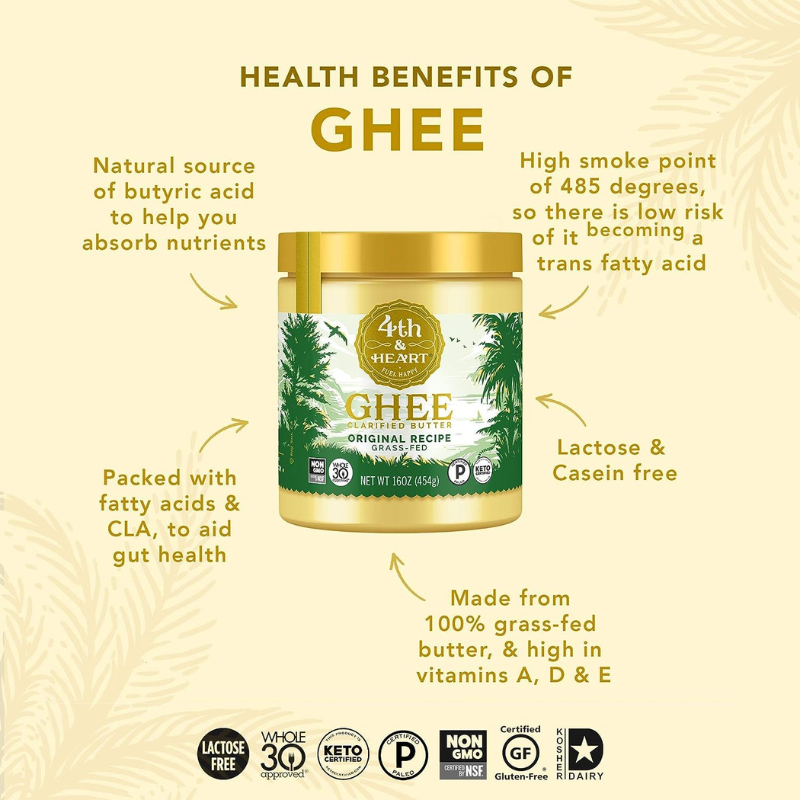
The Dangers of Partially Hydrogenated Oils
Oxidation and inflammation
Partially hydrogenated oils are notorious for their high trans fat content. These trans fats have a direct impact on your body by promoting chronic inflammation and oxidation. Both of these processes can significantly contribute to the formation of arterial plaques and other signs of atherosclerosis.
Omega-6 fatty acids and arterial plaque formation
Omega-6 fatty acids are another concern with partially hydrogenated oils. While these fatty acids are essential for your body, an imbalance between omega-3 and omega-6 fatty acids can lead to inflammation and promote arterial plaque formation.
The Importance of Omega-3s
Anti-inflammatory effects
Omega-3 fatty acids, abundant in foods like fatty fish and flaxseeds, are excellent for your heart health. The first reason is their potent anti-inflammatory effects. High inflammation levels often accompany artery-clogging conditions. By reducing inflammation, omega-3s indirectly help to stop plaque build-up in your arteries.
Role in reversing atherosclerotic plaque
Another great quality of omega-3s is that they can help reverse atherosclerotic plaque. They accomplish this by improving the health of the artery walls and making plaques more stable so they’re less likely to cause a heart attack or stroke.
Supplementation
Dietary sources of omega-3s are always the best. However, if you’re unable to get enough from foods alone, supplementing with a high-quality omega-3 supplement could be beneficial.
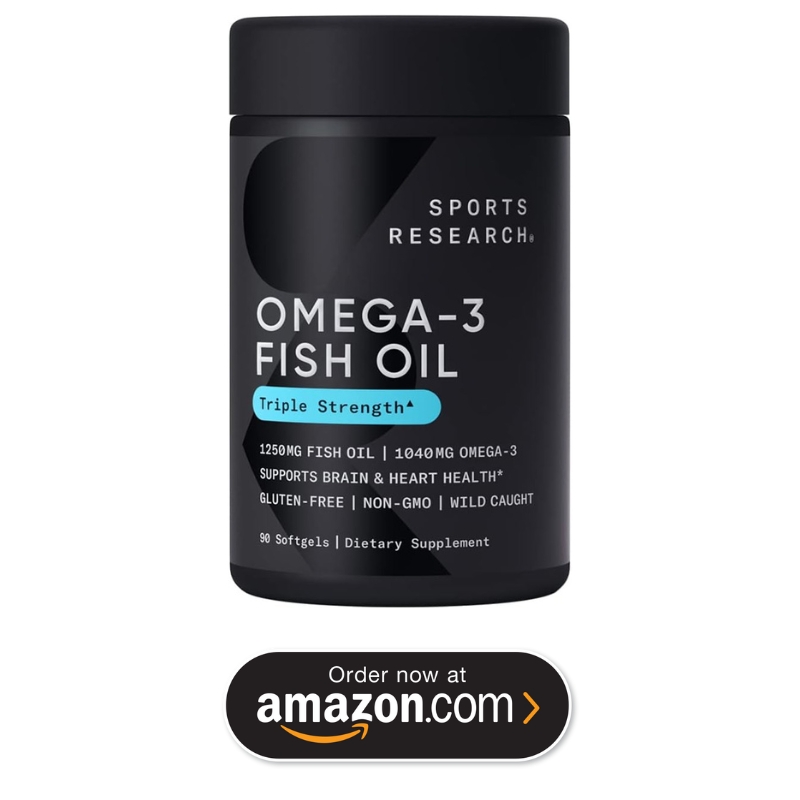
Artificial Sweeteners and Arterial Clogging
Risks of artificial sweeteners
Artificial sweeteners may seem like a healthier choice because they don’t contain calories, but they come with their own set of risks. Some studies suggest that these non-caloric sweeteners can actually contribute to heart disease and arterial clogging.
Effects on blood sugar and lipid metabolism
Artificial sweeteners may not contain sugar, but they can still affect your body’s ability to control blood sugar. They can also disrupt the metabolism of lipids (fats), two factors that play a quite significant role in the development of clogged arteries.
Increased risk of heart disease and stroke
Regular consumption of artificial sweeteners can also lead to a higher risk of heart disease, stroke, and other conditions related to clogged arteries.
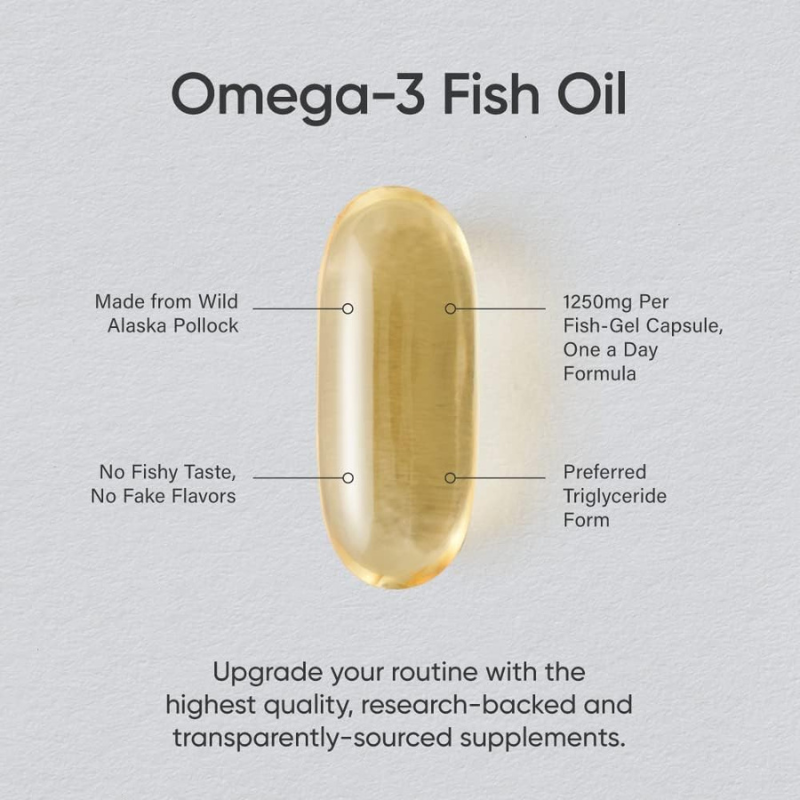
Side Effects of Artificial Sweeteners
Digestive issues
Artificial sweeteners can disrupt the balance of your gut microbiome, leading to digestive issues such as bloating, gas, and diarrhea.
Increased blood sugar levels
Despite being sugar-free, artificial sweeteners can mess with your body’s response to glucose and lead to increased blood sugar levels, potentially contributing to diabetes.
Higher risk of cancers
Studies have linked artificial sweetener consumption to a higher risk of certain types of cancer, including bladder and brain cancers.
Adverse effects on mood disorders
Some research suggests that certain sweeteners can adversely impact mood disorders. People with mood disorders could see their symptoms becoming worse after consuming artificial sweeteners.
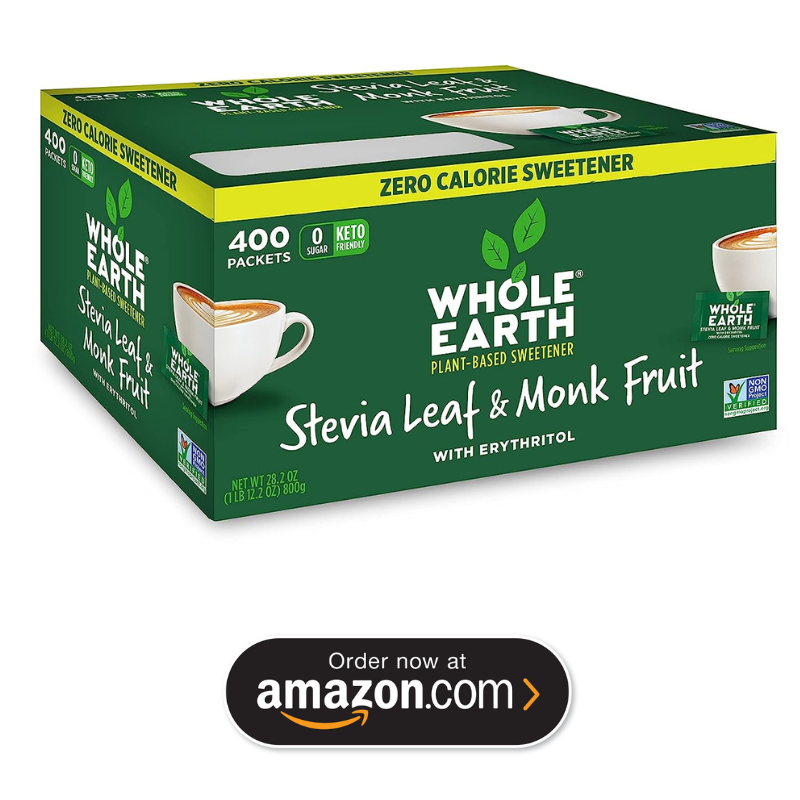
Natural Alternatives to Artificial Sweeteners
Stevia and monk fruit
Stevia and monk fruit are two natural sweeteners that can be used in place of artificial sweeteners. They are plant-derived, don’t negatively impact blood sugar levels, and can provide an equally sweet flavor.
Their impact on glucose, insulin, and microbiome
Unlike artificial sweeteners, stevia and monk fruit have little to no impact on blood glucose or insulin levels, making them a healthier choice. Furthermore, they are less likely to disrupt your gut microbiome, therefore lowering the risk of digestive issues.
Concluding Thoughts On Foods Clogging Our Arteries
Many commonplace kitchen components may contribute to clogged arteries, from fried foods and margarine to artificial sweeteners. Alternatively, certain foods and nutrients, especially omega-3 fatty acids and grass-fed butter can help prevent or even reverse arterial plaque build-up. Remember, it’s essential to maintain a balanced diet focused on whole foods and to avoid unhealthy trans fats, processed foods, and artificial sweeteners. It’s also crucial to stay physically active and maintain a healthy weight. The choices you make today directly influence your heart health tomorrow.

